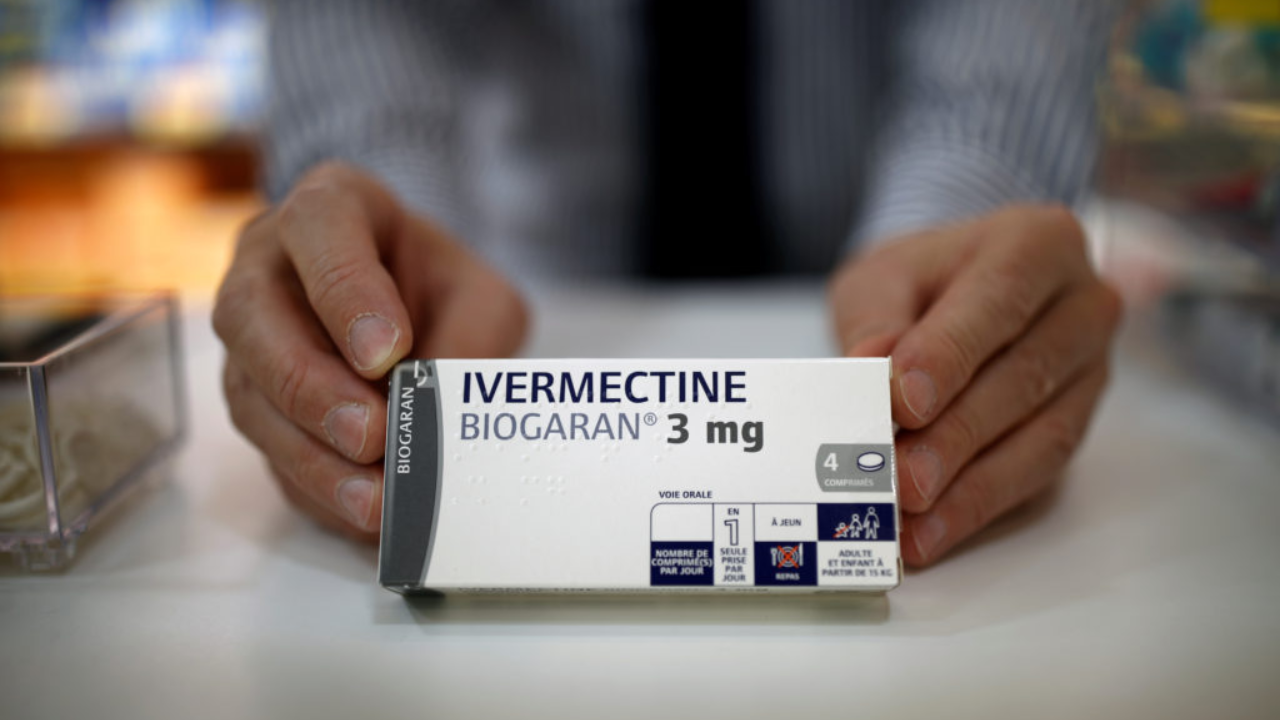People In Texas Could Soon Buy Ivermectin Without Any Prescription: What You Need to Know

Credits: Reuters
SummaryTexas lawmakers have approved a bill allowing over-the-counter ivermectin sales, sparking debate over medical freedom, safety, and unverified uses, while FDA warnings highlight risks of misuse outside approved indications.
End of Article
